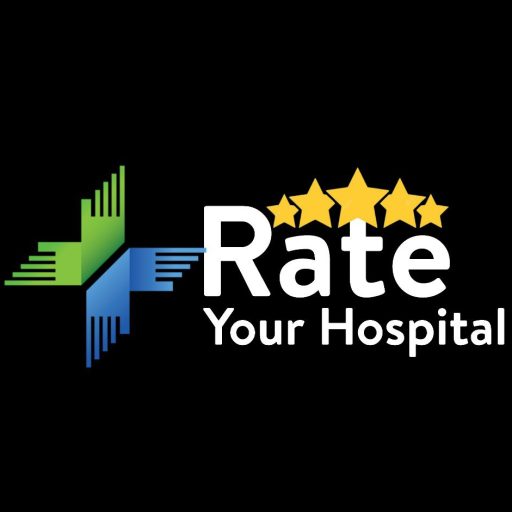
Early Diagnosis and Preventive Healthcare for Unborn and Newborn Babies

Ensuring the health and well-being of babies starts even before birth through prenatal diagnostics and continues into infancy with comprehensive newborn screening.
This article explores the methods used to diagnose potential diseases in unborn babies and details the essential investigations conducted shortly after birth to prevent future health issues.
Contents
Prenatal Diagnostics: Anticipating and Preparing for Baby’s Health
Prenatal diagnostics play a crucial role in identifying potential health concerns in unborn babies, allowing healthcare providers to intervene early and plan appropriate care strategies. These diagnostic modalities include:
1. Ultrasound Scans:
- Routine Obstetric Ultrasound: Provides a detailed view of the baby’s development, including growth, anatomy, and position in the womb.
- Specialized Ultrasound (e.g., Doppler Ultrasound): Assesses blood flow through the umbilical cord and placenta, crucial for monitoring fetal well-being.
2. Amniocentesis:
- A diagnostic procedure where a small amount of amniotic fluid is extracted from the amniotic sac surrounding the fetus.
- Amniocentesis helps detect chromosomal abnormalities such as Down syndrome, genetic disorders like cystic fibrosis, and neural tube defects like spina bifida.
3. Chorionic Villus Sampling (CVS):
- Involves taking a small sample of placental tissue (chorionic villi) to analyze genetic conditions and chromosomal abnormalities.
- CVS is typically performed earlier in pregnancy than amniocentesis and provides similar diagnostic information.
Newborn Screening: Essential Tests to Safeguard Baby’s Health
Newborn screening, often referred to as the Guthrie test or Zabargutri test, involves a series of blood tests and other assessments shortly after birth.
These tests are designed to detect genetic, metabolic, and congenital disorders that may not be apparent at birth but could cause serious health issues if left untreated.
Here’s a detailed look at the investigations included in newborn screening:
1. Guthrie Test (Zabargutri Test):
- A blood test performed by pricking the baby’s heel to collect a small sample of blood onto filter paper.
- Screens for metabolic disorders such as phenylketonuria (PKU), maple syrup urine disease (MSUD), galactosemia, and cystic fibrosis (CF), among others.
- Early detection through the Guthrie test allows for prompt initiation of treatment or dietary modifications to prevent complications and ensure optimal development.
2. Hearing Test:
- Newborns undergo hearing screening to detect congenital hearing loss early, which can significantly impact language development and overall communication skills.
- Two common methods include otoacoustic emissions (OAE) and auditory brainstem response (ABR) tests, both of which measure the baby’s auditory responses to sound stimuli.
3. Other Blood Tests in Newborn Screening:
- Hemoglobinopathies: Screening for conditions like sickle cell disease and thalassemia, which affect red blood cell production.
- Endocrine Disorders: Testing for congenital hypothyroidism, where the thyroid gland doesn’t produce enough thyroid hormone crucial for brain development.
- Cystic Fibrosis: Additional genetic screening for cystic fibrosis, a disorder affecting the lungs and digestive system.
Benefits of Early Diagnosis and Intervention
Early diagnosis through prenatal diagnostics and newborn screening offers several benefits:
- Timely Treatment: Allows healthcare providers to initiate treatments promptly, preventing or minimizing the impact of disorders on the baby’s health.
- Improved Outcomes: Early intervention can lead to better developmental outcomes, reduced risk of complications, and improved quality of life.
- Family Planning: Provides families with valuable information to make informed decisions about pregnancy management and future healthcare needs.
Conclusion
In conclusion, prenatal diagnostics and newborn screening are integral parts of preventive healthcare for babies, aiming to identify potential health concerns early and ensure appropriate management.
These diagnostic modalities, from ultrasound scans and invasive procedures like amniocentesis to comprehensive newborn screening tests, play a crucial role in safeguarding the health and well-being of newborns.
By prioritizing early diagnosis and intervention, healthcare providers can support healthy development and improve long-term outcomes for babies and their families.